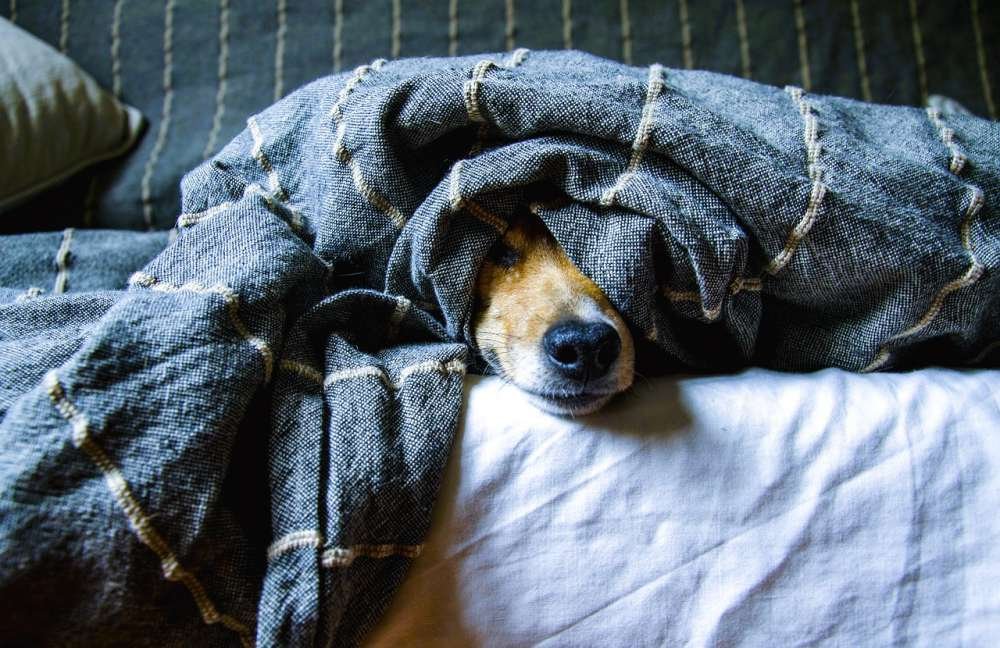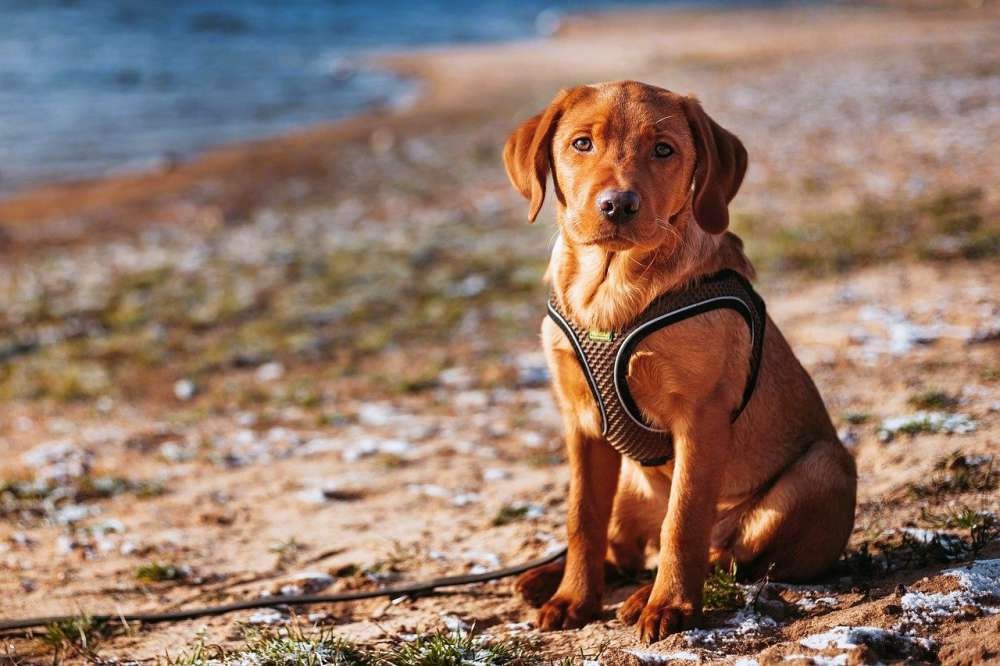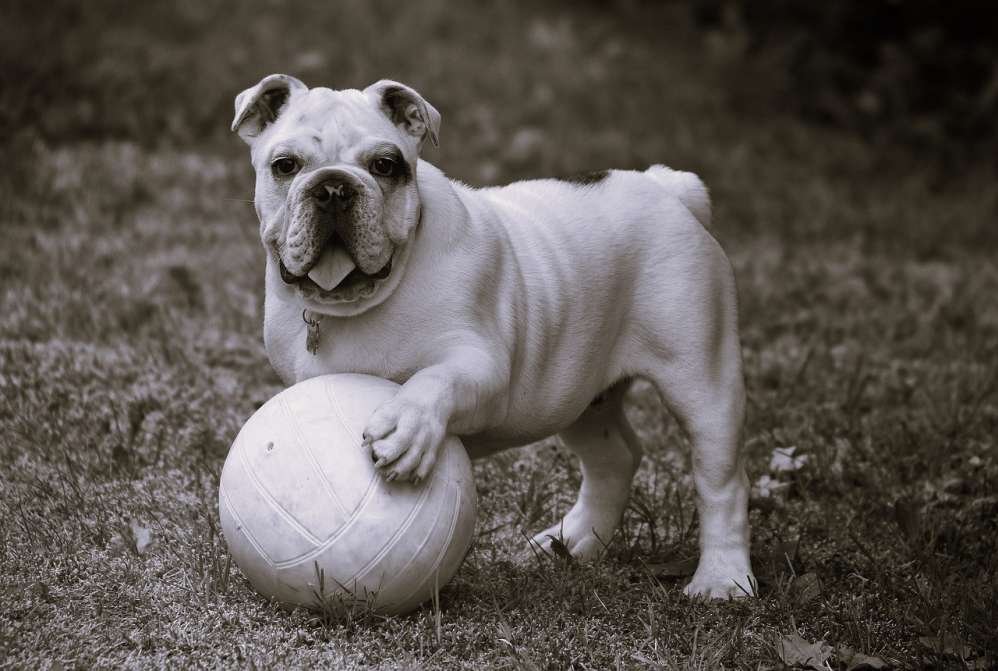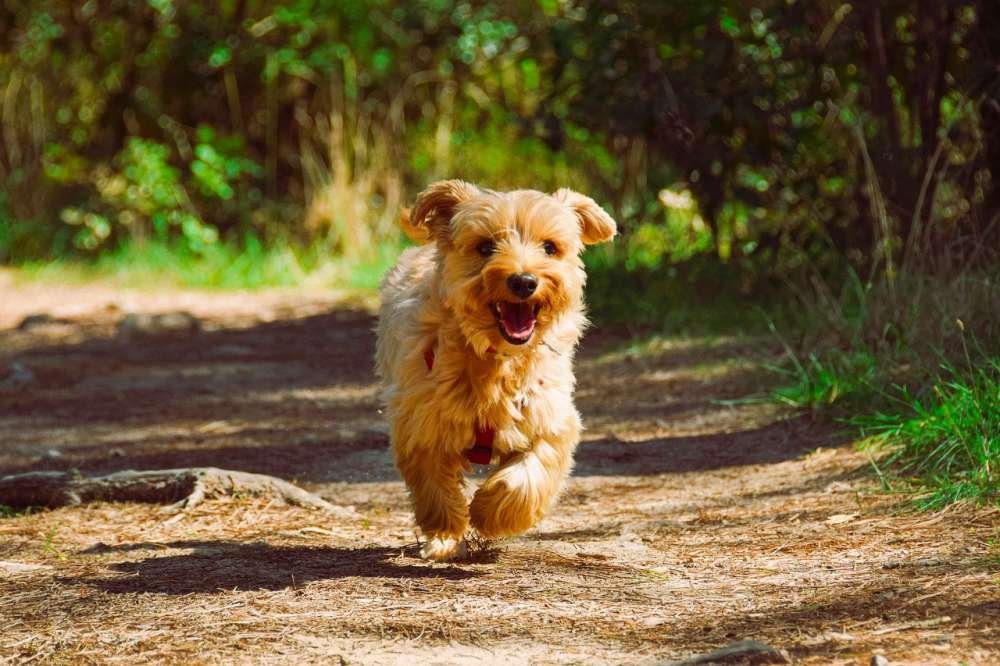Are you a new dog owner or planning to bring a furry friend into your home? Congratulations! Welcoming a dog into your life is an exciting and rewarding experience. However, it’s essential to be prepared with the right supplies to ensure your new companion’s comfort, health, and happiness. In this blog post, we’ll explore the top 15 things you need for a dog, covering all the essential dog supplies that every pet owner should have on hand.
1. A Comfortable Bed

Every dog needs a cozy place to rest and call their own. A comfortable bed is one of the most important must-have dog items for your new furry friend. When choosing a bed, consider your dog’s size, sleeping habits, and any specific needs they may have.
Types of Dog Beds
- Orthopedic beds: Great for older dogs or those with joint issues
- Bolster beds: Provide a sense of security with raised sides
- Elevated beds: Keep dogs cool and are easy to clean
- Memory foam beds: Offer excellent support and comfort
Remember to place the bed in a quiet area of your home where your dog can retreat for some peace and relaxation.
2. Food and Water Bowls
Proper nutrition is crucial for your dog’s health, and having the right food and water bowls is an essential part of their feeding routine. When selecting bowls, consider factors such as:
- Material: Stainless steel, ceramic, or high-quality plastic
- Size: Appropriate for your dog’s breed and eating habits
- Stability: Non-slip bottoms to prevent spills
- Ease of cleaning: Dishwasher-safe options for convenience
Some dogs may benefit from elevated feeding stations, especially larger breeds or those with neck or back issues.
3. High-Quality Dog Food
Choosing the right food is one of the most important decisions you’ll make for your dog’s health. Consult with your veterinarian to determine the best diet for your dog based on their age, size, breed, and any specific health needs.
Factors to Consider When Choosing Dog Food
- Age-appropriate formulas (puppy, adult, senior)
- Breed-specific nutrition
- Wet vs. dry food options
- Grain-free or limited ingredient diets for dogs with sensitivities
- AAFCO-approved labels for balanced nutrition
Remember to introduce new foods gradually to avoid digestive upset.
“A well-fed dog is a happy dog. Investing in quality food can prevent health issues down the line.”
4. Collar and ID Tag
A collar with an ID tag is a must-have for every dog. It’s not only a legal requirement in many areas but also helps ensure your dog can be identified and returned to you if they ever get lost.
Collar Considerations
- Material: Nylon, leather, or other durable options
- Size: Ensure a proper fit with room for two fingers between the collar and neck
- Style: Flat collars, martingale collars, or harnesses for different needs
Make sure the ID tag includes your dog’s name, your phone number, and any important medical information.
5. Leash

A sturdy leash is essential for walks, trips to the vet, and general outings with your dog. When selecting a leash, consider:
- Material: Nylon, leather, or reflective options for nighttime visibility
- Length: Standard 6-foot leashes work well for most situations
- Width: Thicker leashes for larger dogs, thinner for smaller breeds
- Style: Standard, retractable, or hands-free options
Always supervise your dog when using a leash and never leave them unattended while tethered.
6. Poop Bags and Dispenser
Being a responsible dog owner means cleaning up after your pet. Stock up on poop bags and consider a convenient dispenser that attaches to your leash. Look for biodegradable options to be more environmentally friendly.
7. Grooming Supplies
Regular grooming is important for your dog’s health and appearance. Essential grooming supplies include:
- Brush or comb appropriate for your dog’s coat type
- Dog-specific shampoo and conditioner
- Nail clippers or grinder
- Toothbrush and dog-safe toothpaste
- Ear cleaner and cotton balls
Establish a grooming routine early to help your dog become comfortable with the process.
8. Toys for Mental Stimulation and Exercise

Toys are not just for fun; they’re essential for your dog’s mental and physical well-being. Provide a variety of toys to keep your dog engaged and prevent boredom:
- Chew toys for dental health
- Puzzle toys for mental stimulation
- Fetch toys for exercise
- Plush toys for comfort
- Interactive toys for bonding
Rotate toys regularly to maintain your dog’s interest and prevent overuse.
9. Crate or Carrier
A crate or carrier serves multiple purposes and is an important item on any new dog essentials list. It provides:
- A safe space for your dog to rest
- A tool for house training
- A secure way to transport your dog in a vehicle
Choose a crate that’s large enough for your dog to stand, turn around, and lie down comfortably.
10. Training Treats and Tools
Positive reinforcement is key to successful dog training, and treats and tools are excellent motivators. Look for:
- Clickers for effective positive reinforcement training.
- Small, low-calorie treats for frequent rewards
- High-value treats for challenging training situations
- Treat pouches for easy access during training sessions
Remember to adjust your dog’s regular meals to account for the extra calories from treats.
11. Cleaning Supplies
Accidents happen, especially with puppies or newly adopted dogs. Be prepared with:
- Enzyme-based cleaners for eliminating odors and stains
- Absorbent paper towels or cloths
- Rubber gloves for easy cleanup
Having these supplies on hand will make addressing messes quick and stress-free.
12. First Aid Kit
Every dog owner should have a basic first aid kit for minor injuries or emergencies. Include items such as:
- Gauze pads and bandages
- Antiseptic wipes
- Tweezers for removing splinters or ticks
- Styptic powder to stop bleeding from minor cuts
- Your vet’s contact information
Familiarize yourself with basic pet first aid techniques and know when to seek professional veterinary care.
13. Dog-Safe Household Cleaners
As you puppy-proof your home, consider switching to pet-safe cleaning products. Many common household cleaners can be toxic to dogs if ingested or inhaled. Look for natural, non-toxic alternatives to keep your home clean and your dog safe.
14. Appropriately Sized Car Restraint
If you plan to travel with your dog, invest in a proper car restraint for their safety. Options include:
- Dog seat belts or harnesses
- Secured crates or carriers
- Backseat barriers
Always secure your dog when traveling by car to prevent injuries in case of sudden stops or accidents.
15. Flea and Tick Prevention
Protecting your dog from parasites is crucial for their health and comfort. Consult with your veterinarian about the best flea and tick prevention options for your dog, which may include:
- Topical treatments
- Oral medications
- Flea and tick collars
Regular use of these preventatives can save you and your dog from the discomfort and potential health risks associated with parasites.
More Things You Need for a Dog but Not on the List
Dog Toothbrush and Toothpaste
- Regular Brushing: Prevents plaque buildup and bad breath.
- Dog-Specific Toothpaste: Human toothpaste can be harmful to dogs.
Clothing and Accessories
- Coats and Sweaters: Keep your dog warm in cold weather.
- Boots: Protect paws from hot pavement or icy conditions.
Insurance
- Pet Insurance: Covers unexpected medical expenses, providing peace of mind.
Conclusion
Being prepared with these top 15 things you need for a dog will help ensure a smooth transition as you welcome your new furry friend into your home. Remember, every dog is unique, and you may need to adjust your dog owner shopping list based on your pet’s specific needs and preferences.
As you gather these essential dog supplies, keep in mind that the most important thing you can provide for your dog is love, attention, and care. Regular veterinary check-ups, consistent training, and plenty of exercise and playtime are just as crucial as having the right supplies.
By meeting your dog’s basic needs and providing them with a safe, comfortable environment, you’re setting the foundation for a happy, healthy relationship with your canine companion. Enjoy the journey of dog ownership, and don’t hesitate to seek advice from experienced pet owners or professionals if you have any questions along the way.
Remember: The bond you create with your dog is priceless. While having the right supplies is important, your time, patience, and affection are the most valuable gifts you can give your new furry family member.
FAQs
What are the essential items for a new dog owner?
The basics are, a collar with ID tags, leash, food and water bowls, proper dog food, a comfortable bed, puppy supplies, toys for mental stimulation and cleaning supplies for accidents.
When preparing for a dog, what are the startup costs for essentials?
Basic supply initial costs start at $150 to $650, depending on switch in quality and brand for items.
Which food should I purchase for my new dog?
Feed a premium quality dog food that is specific to your dog’s age, size, and activity level. For specific dietary recommendations, consult your veterinarian.
Do I need to buy a crate for my dog?
Crates are useful for training, giving a safe area, and assisting with housebreaking. Make sure you have the right-sized crate for your dog.
What grooming supplies do I need for my dog?
Some of the basic grooming supplies are: one or more brushes (comb) depending on the type of coat your dog has along with dog shampoo, nail clippers, and a virgin toothbrush and doggy toothpaste.
How often do I need to get rid of my dog’s toys?
Check toys routinely for signs of wear and tear, replacing them if they break to reduce potential hazards. Read more Top 15 Best Dog Toys of 2025 for Happy and Healthy Pets!
Best collar and leash for a dog
We recommend a strong, adjustable collar and ID tags as well as a durable leash — 4 to 6 feet long. For dogs that pull, a harness can help for better control.
Are there any must-have safety items for dogs?
Safety items include a collar that fits properly with ID tags, microchip, first a first aid kit and reflective gear for visibility at night.
What types of bedding for dogs are there?
From basic mats to stacked beds with bolsters, the bedding options are plentiful. Pick a bed that supports your dog’s size and sleeping habits.
How do I pick the appropriate size and kind of dog bowl?
Choose non-porous materials such as stainless steel, ceramic, or glass. It should be large enough to hold your dog’s meal portions without being so deep or shallow that it makes it difficult for him to eat.

